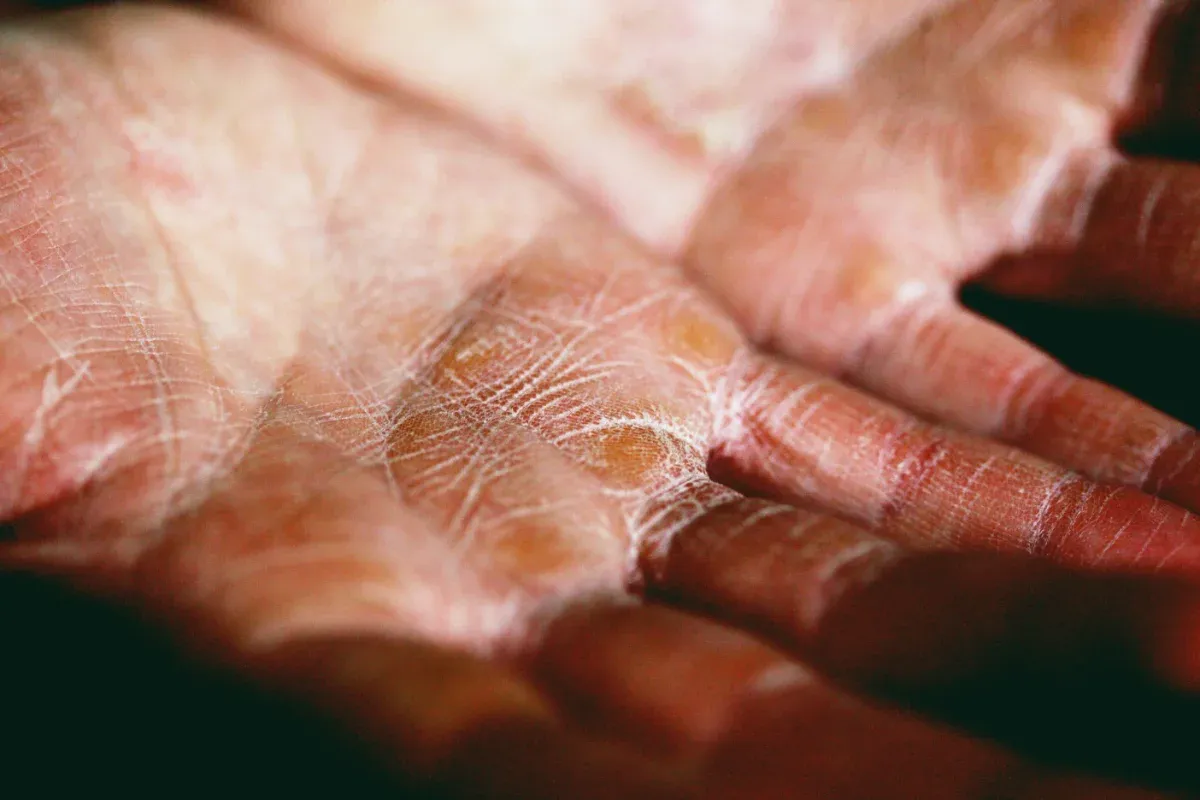The Test of the Working Hands

After the eviction from Blaenymaes, my parents enrolled us in Llandybie Secondary Modern School. My brother Peter and I could have gone to the grammar school in Llandeilo, but we'd both had a gutsful of grammar schools by then. My parents readily agreed, not least because it meant they wouldn't have to buy us expensive school uniforms.
The fact that the school was "mixed", boys and girls together, was a significant bonus. At twelve years old, my interest in girls was growing by the day. My 'studies' of the female form, previously confined to the lingerie sections of my mother's Littlewoods catalogue, were about to get a practical, real-world element. I’d even extended my research to her new Freemans catalogue for variety, diligently comparing the structured, conical bullet bra to the softer, more natural shapes. This, I felt, was important research for a young man.
A Fleeting Popularity
For a few days, this new environment was a roaring success. Being the new kids from the city with "funny" accents made us an instant curiosity, especially with the girls. I like to think I was more popular than my brother, mostly because I'm better looking. Of course, the novelty wore off after a few days when they realised we were just as boring as all the other boys in the school.
The Test of Working Hands
Acceptance into the world of the boys, however, operated on a completely different and far more practical set of rules. They didn't care where you lived, whether your parents were wealthy, or what car you drove. Their judgement came down to one simple, silent inspection. All they were interested in were your hands.
The question was, did you have "working hands"?
It was an unspoken test for softness, a search for any sign that you were a pampered city kid. They were looking for the calluses, scrapes, and resilience that showed you weren't afraid of getting dirty. Luckily for Peter and me, we both passed the test. Our hands weren't soft; they were deemed "working hands," and just like that, we'd cleared the first and most important hurdle to being accepted.
A Different Kind of Discipline
But while my popularity with the girls was fleeting, the relief I felt at this new school was permanent. It operated on a different philosophy from the one I’d left. There was no gratuitous sadism or constant verbal abuse from the teachers. You'd get whacked, certainly, but only if you deserved it, for fighting or being obnoxious with a teacher. I got told off a lot, but always for a reason that even an angry little shit like me could recognise as being justified. Life at school became far less stressful.
The Great Welsh Wind-Up
I also learnt quickly that even dour-looking farmers' sons had a sharp sense of humour. On my first day, I asked one of the boys in my class what the woodwork teacher's name was.
"Mr. Pwllch," he said with a completely straight face.
Later in the lesson, the teacher himself, a rather large gentleman, told me to go to the music room and give the teacher a message. Off I went, found the music room, and poked my head in.
"Mr. Pwllch asks..."
I never finished the sentence. The entire class erupted into howls of laughter. The music teacher himself was visibly struggling to keep his face straight.
"Who told you his name was Mr. Pwllch?" he asked, trying to suppress a smile.
"The boys," I replied, which only caused a fresh wave of hysterics.
He eventually explained that the woodwork teacher's name was Mr. Jones, or something equally mundane. I was later told by my new classmates that "Pwllch" was a local word for 'fatty.' (Whether that's true, or just another part of the wind-up, I've never been able to confirm.)
Overnight, I became a minor legend. The story ripped through the school, but with a twist: everyone thought I'd done it on purpose. I was no longer just the new kid with the funny accent; I was the smart-aleck city boy who had taken on a teacher and won. It was a reputation built on a total misunderstanding, and I wasn't about to correct a single person.